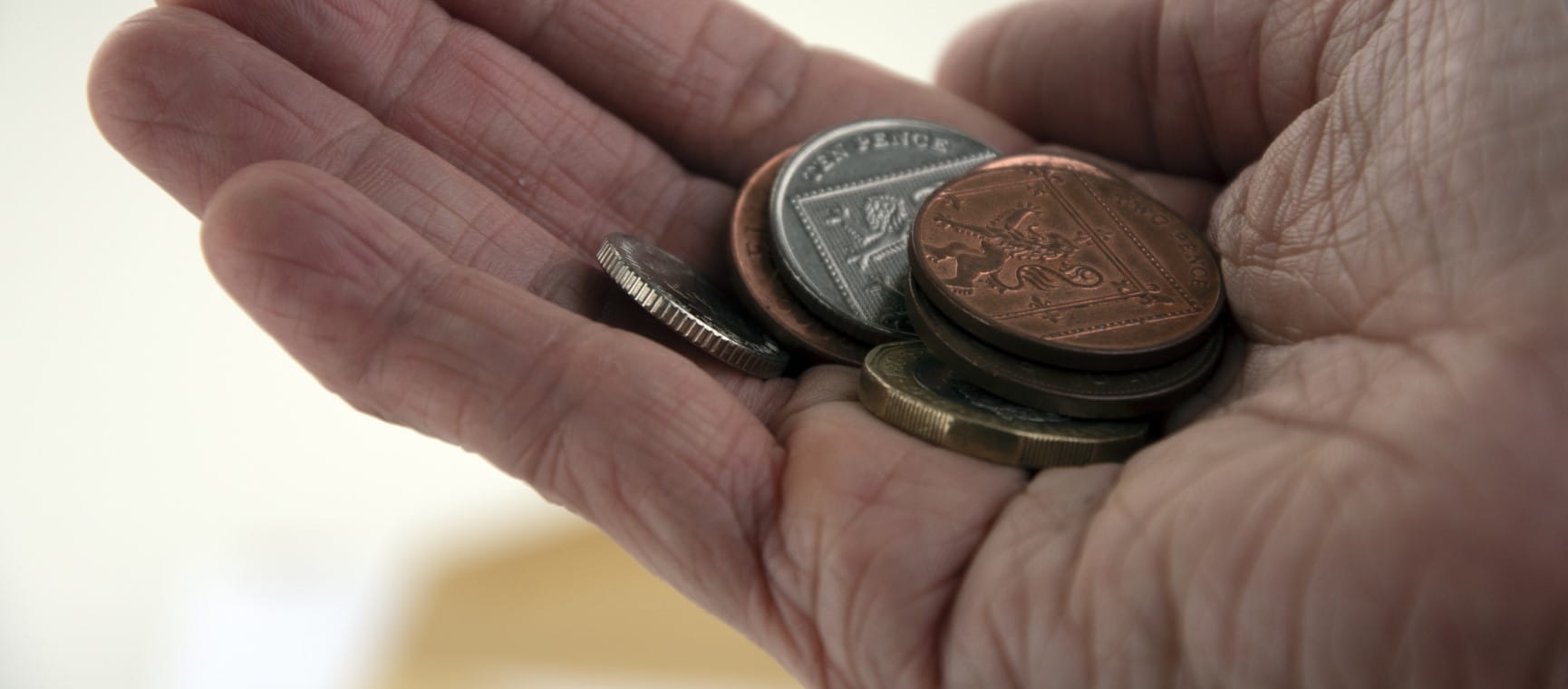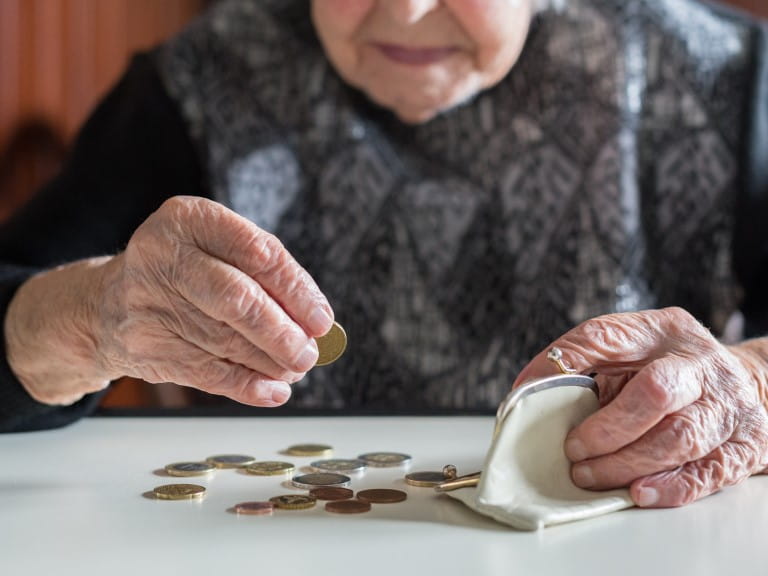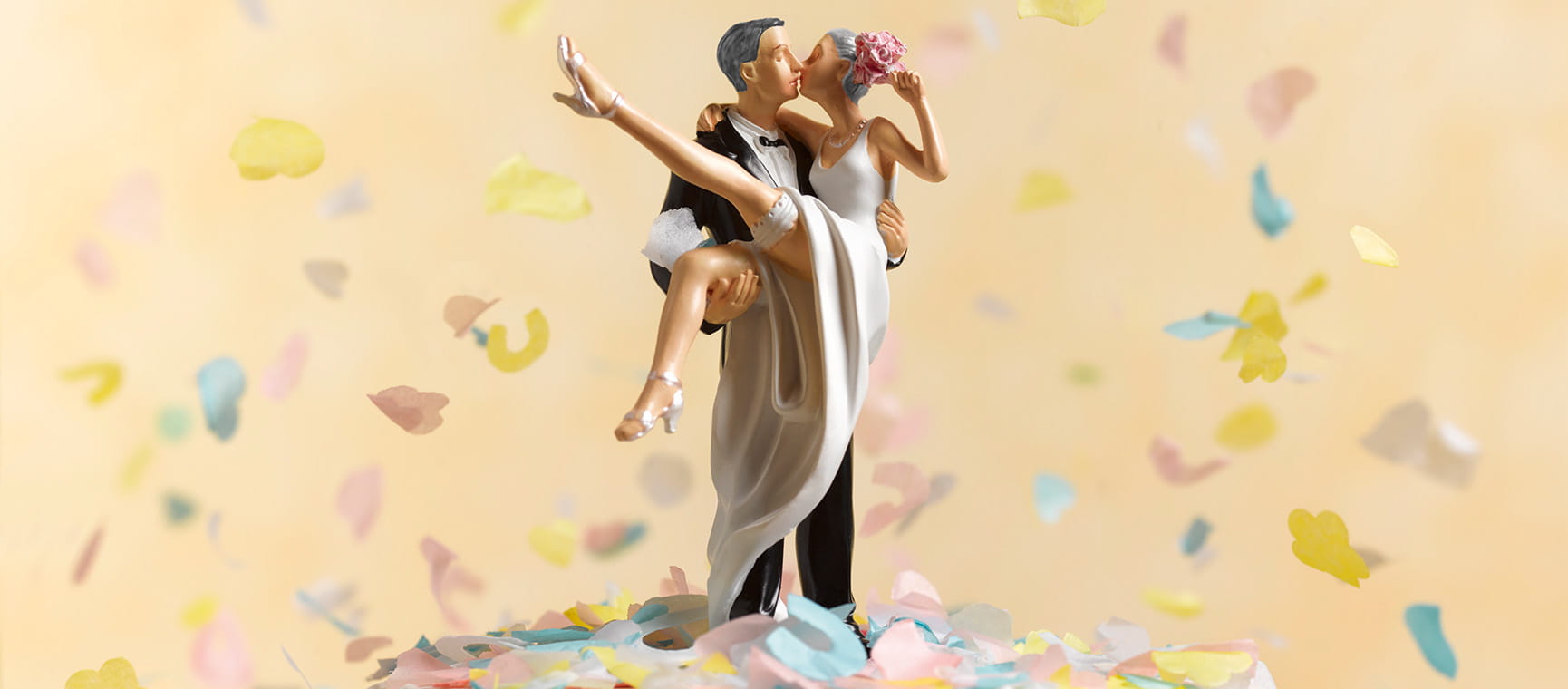Paul Lewis on poverty in retirement
While many believe the over-65s are living a retirement of luxury, in reality one in six are in poverty. Don’t suffer in silence, our columnist urges.

While many believe the over-65s are living a retirement of luxury, in reality one in six are in poverty. Don’t suffer in silence, our columnist urges.

Many people think the over-65s are a blessed generation. They own their own home, they have gold-plated pensions from work, and a state pension that rises each April with earnings or prices and can never be increased by less than 2.5% a year.
These are financial advantages that younger people can only dream of.
Even the name for their generation – ‘boomers’, from the baby boom that followed the end of the Second World War when couples got together after years of privation – is now pejorative.
Researchers on behalf of charity Independent Age surveyed 2,000 adults in April and found that half the people they asked underestimated the extent of pensioner poverty – 8% thought only one in 50 were in poverty and a further fifth thought one in 20.
In fact, it is around one in six.
Of course, today’s pensioners are better off on the whole than their parents or grandparents were in later life. And on average pensioners may be better off than low-paid young people. But pensioner poverty is not a thing of the past.
More than two million people over pension age live on incomes so meagre they are in poverty, and it is getting worse, not better.
The Trussell Trust runs the largest network of food banks in the UK. It told me exclusively that it gave out 179,000 food parcels to people over pension age in 2023/24 – and that number has grown faster than any other age group, more than quadrupling since 2018/19.
It says its workers see rising poverty among pensioners, especially affecting those who are tenants.
Independent Age identifies six groups where they find a lot of poverty among older people. These are:
Of course, many pensioners – although not rich – are not poor. Homeownership, good pensions from work, and a full state pension all help to keep many pensioners out of poverty. But these advantages are by no means universal.
The 2021 census for England and Wales found that almost a quarter of pensioner households did not own their home. Most of those are renting, many privately, and have to pay ever rising rents out of incomes that can be low and, in some cases, fixed.
A good pension from work, especially one related to what they earned before they retired, does lift many pensioners out of poverty. However, not all pensioners have them and they are often very little.
Up-to-date figures do not exist but the last proper survey in 2017 of private-sector pensions found they were typically about £9,200 a year, more than the state pension but generally not rising fully with inflation because any rise is capped and usually does not apply to the whole pension.

Women tend to get less than men because they generally work fewer years and earn less. The same sex difference is found among people who worked for the state, such as teachers, nurses, police officers and civil servants.
The average pension paid in 2020, averaged over retired teachers, the NHS, and Civil Service, was £7,800 a year for women but £14,000 a year for men. These pensions do rise with inflation, so will be higher now. But for many, the so-called ‘gold plating’ is very thin indeed.
The new state pension is supposed to be the cornerstone of retirement income. Currently £221.20 a week or £11,502 a year, it is in real terms larger than it has ever been. However, it is still a lot less than the latest estimate by the Pensions and Lifetime Savings Association (PLSA) of the minimum income needed for retirement – that’s £14,400 a year if you are single, which is well above the standard new state pension.
While pensions do rise with inflation, for many the so-called “gold plating” is very thin indeed
Latest figures show that 1.5 million people on the new state pension get less than £221.20, and more than 5.5 million on the old state pension also get less than that each week. Of course, some of those people will have extra income and not be in poverty. But many are.
The latest figures for November 2023 show that 1.4 million people have an income low enough to get the means-tested pension credit. And the latest take-up figures – from a couple of years earlier – suggest another 800,000 could get it but do not.
That amounts to more than two million people whose total income is at or below the minimum the government thinks pensioners need to live on – currently £218.15 a week (£11,343 a year) for those on their own and £332.95 a week (£17,313 a year) for couples.
Both are well below the annual income needed for a minimum lifestyle worked out by the PLSA (£14,400 if you are single, £22,400 for couples).
The solution is political. Maintaining the triple lock, which raises the state pension at or above inflation every year, is important; Labour are committed to keeping it in the next Parliament. But just as important would be a commitment to ensuring the 800,000 pensioners who should get pension credit and other help are in fact paid it.
So, you must help yourself – or your relatives – to make sure you get what you are entitled to.
You can claim pension credit by calling 0800 99 1234 (0808 100 6165 in Northern Ireland).
If you rent your home, housing benefit from your local council can pay all or most of the rent (and rates in Northern Ireland) for people on low incomes – including many whose income is too high to get pension credit.
All pensioner householders in England, Scotland and Wales on low incomes can apply to get their council tax reduced – often to zero. Call your council and ask.
Remember that disabled people and carers qualify for these benefits on higher incomes than other people. Please don’t suffer in silence.
Get advice about these and other sources of income or assistance at Turn2us(0808 802 2000), Independent Age (0800 319 6789), or your local CitizensAdvice or Age UK branch.

Saga has partnered with HUB Financial Solutions, who can help you find the right annuity for you from the whole of market. If you take out an annuity using their service, Saga Money will earn a commission.

The ultimate guide to Saga Puzzles, full of technical tips, tricks and hints.

With the start of the new financial year on 6 April, our money expert explains the changes to your pension, benefits and taxes.





